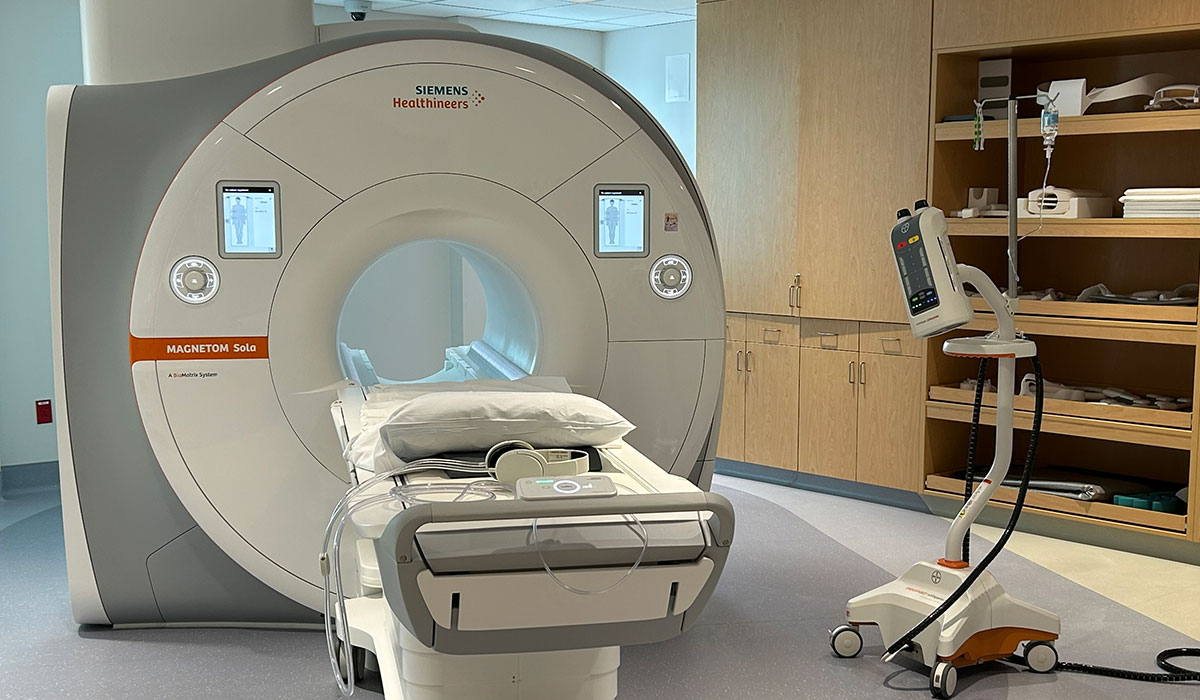
Bethany Gingerella, RN, ED nurse manager, and Mike Spellman (seated, right), director of Emergency Management, Public Safety and EMS, at L+M and Westerly hospitals, participated in a recent statewide mock emergency drill at Westerly Hospital. Standing are Jason Vincent, charge paramedic for L+M Hospital (left), and John Mackay, Westerly fire chief.
When Westerly Hospital participated in a recent state of Rhode Island Emergency Management preparedness drill, the team thought it would involve an influx of patients from an external emergency.
Hospital officials were surprised to learn that the mock emergency was actually occurring within the hospital. The scenario: an imaginary water pipe had burst due to extreme cold and was impacting the Emergency Department.
Questions came quickly. Do patients need to be relocated? Is the hospital’s fire protection equipment still functioning?
Westerly Hospital representatives were in constant contact with the Rhode Island Department of Health, Southern Region, throughout the drill. Those participating were able to relocate ED patients to other hospital units. Fire suppression systems were still functioning; and all players handled the drill with calm, calculated responses.
“We coordinated with Westerly’s Fire Department to ensure sprinklers and all other aspects of fire safety were still functioning properly,” said Mike Spellman, director of Emergency Management, Public Safety and EMS for L+M and Westerly hospitals. “We also coordinated with L+M Paramedic Services in case patients had to be moved rapidly.”
In the end, the drill accomplished its purpose – to improve preparedness.
“We had good collaboration,” said Bethany Gingerella, RN, ED nurse manager. “These scenarios really give us the opportunity to practice our responses. If you don’t practice, implementing in a real emergency is going to be challenging at best.”
Spellman noted that drills enable personnel to engage with emergency technologies, including a relatively new program called Protect Advisor that makes tremendous amounts of information readily available.
As with all emergency drills at Westerly Hospital, this one involved communication with hospitals across Rhode Island and Connecticut.
“We can coordinate and discuss plans with every hospital in Rhode Island,” Spellman said. “As part of Yale New Haven Health System, we can also discuss scenarios in Connecticut. We’re factoring the best way to handle events from Providence, RI, down to Greenwich, CT.”




